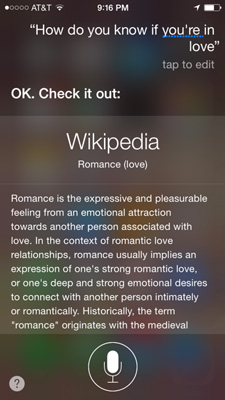
The most memorable and “glamorous” moment of the Oscars show this year can be summed up by a mundane, movie-star-packed “selfie,” which host Ellen DeGeneres snapped on her phone with several of the stars in the first few rows of the audience and tweeted out to the world. It was later revealed the whole gimmick was a way to advertise the phone she carried during the show. I cracked up in the moment, and felt dirty afterward for enjoying this shameless product placement. In fact, I enjoyed the selfie so much at the time, that I made the image Ellen tweeted my Facebook cover photo.
The word, “selfie,” has become so ubiquitous that it was Oxford Dictionaries’ "2013 Word of the Year". As such, according to the Oxford Dictionaries, “selfie” is defined as “a photograph that one has taken of oneself, typically one taken with a smartphone or webcam and uploaded to a social media website.”
The most re-tweeted tweet ever, we clearly all loved that moment. It somehow made Ellen and her A-list friends feel like people we might know at a party, and for once, we were invited. Instead of watching a stiff awards show in which the host remains on stage and talks at the stars in the audience and to the cameras, Ellen trampled through the audience multiple times, ordered a pizza, and took a selfie with her friends. In a voyeuristic way, we shared in this odd pizza party and laughed when she was a little mean to the stars.
How different is this experience from browsing friends’ lives through a Facebook or Instagram feed? We capture the moments of our loved ones, often, without actually interacting with them or even having a conversation. The selfie is a self-selected projection of ourselves in the bathroom, having fun with friends or hopelessly in love. These photos are carefully posed, taken and displayed for others. The selfie does not produce a dialogue, but rather, is like an edited version of self, all wrapped up with a bow on top. No one takes a selfie when they’ve just gotten out of bed, hair standing up, without makeup. Selfies, and the photos we share via social media in general, don’t challenge perception, but rather they reinvent the narrative. The subject of the photo is always the protagonist with an assumed happy ending.
Of all the nominated Oscar films this year, the movie Her takes our multi-media driven society a step further, and then turns it on its head. Set in the near future, Siri (the voice of today’s iPhone operating system) gets a makeover that’s so life-like, she develops a personality of her own, with wants, needs, desires and curiosities.
I found Her to be both profoundly relatable and also profoundly perplexing—so much so, that weeks after seeing it, I’m still trying to sort through its themes and how I feel about them. It seemed like an exhausting prospect at first to see yet another film in which some awkward mutation of Joaquin Phoenix works through his issues with close camera angles (I last saw him in The Master), but Phoenix’ portrayal of Theodore Twombly was humble, complex, and heartwarming. He was just a normal, nerdy guy in ugly, futuristic, high-waisted pants.
I also pre-judged the film, assuming it would be about a socially awkward male protagonist who finds he can have all of his needs met by a very smart operating system, personified by the imagined embodiment of Scarlett Johansson. Based on my preconceptions, this film seemed like a feminist’s nightmare: a bodiless female attending to a man’s every need and whim, namely because he owns her…This bleak picture of the future seemed like a bad repeat of history and narratives past. I imagined the operating system’s character to be a cross between Samantha from Bewitched and one of the Stepford wives. I was half right.
However, the relationship between Theodore and Samantha (ironically), the operating system, felt quite modern. Their empathetic and vulnerable interactions surpassed many human-to-human relationships portrayed on screen. But, in some ways the selfie is a great metaphor for their relationship. Theodore and Samantha project all of their hopes and dreams onto each other without ever meeting. A strange spin on present-day online dating, the two characters never take their relationship “offline.” As we’ve learned with shows, such as MTV’s Catfish, people can have online and phone relationships for years without meeting. When and if they do meet, those relationships can fall apart when expectations don’t meet reality. When communicating via a computer, a dating site, or even via text on a phone, we present our best versions of ourselves, despite the fact that we might be sitting on the couch in sweatpants with no makeup, perhaps after a wretched day at work. Via our digital medium, we can present a cheery and colorful version of ourselves. Theodore delved deeper with Samantha, however, expressing what he often couldn’t with his ex-wife. A “person” he’d never confront in real life, this relationship with Samantha was a very safe one.
Upon first purchasing and installing Samantha, she appears to Theodore as a clean slate. He shapes her introduction to the world, and he takes her on a tour of his world (literally). As Samantha develops and gets smarter, her curiosity helps to mold her into an individual with her own desire for sex, intimacy, companionship, knowledge, and real-life experience.
[Spoiler Alert:] In an unexpected turn, Samantha reveals to Theodore that she has relationships with many others, and has perhaps, evolved past him. In the end, we find ourselves in a post-monogamous world in which the female operating system decides to pursue greater fulfillment, while Theodore is as alone as he was before their relationship.
“The heart is not like a box that gets filled up; it expands in size the more you love,” Samantha says in the film to Theodore. “I'm different from you. This doesn't make me love you any less. It actually makes me love even more.” [End spoilers]
I struggle with Samantha’s character, and whether the film portrays her through the male gaze or not. Body-less, we, the audience, can’t objectify Samantha (unless the viewer chose to imagine Johansson). Body-less, Samantha developed her sense of self through Theodore’s instruction and through her own pursuit of knowledge. Samantha had her own free will.
The film leaves us wondering who we’re really talking to when we’re texting, instant messaging and emailing. While there’s another human on the other end of those messages, these mediums serve as filters for our ability to truly express ourselves. This movie asks us to question whether the nuances of face-to-face interaction are the foundation of a meaningful and fulfilling relationship. In an era of dwindling human-to-human contact, the language of love is a highly technical one to interpret. As the great media analyst Marshall McLuhan would say, "The medium is the message.”




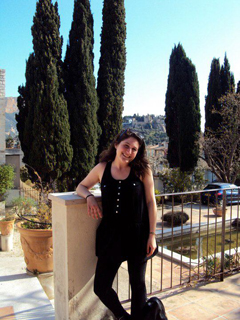

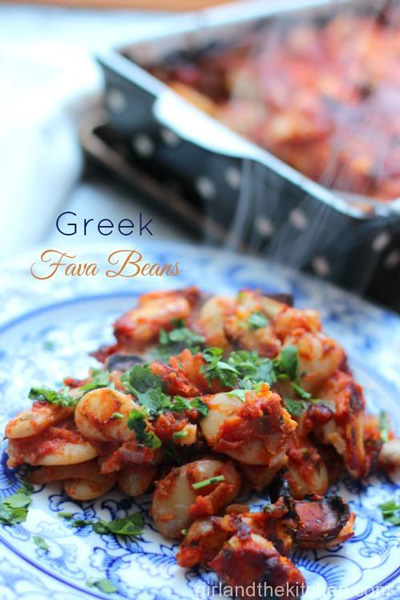
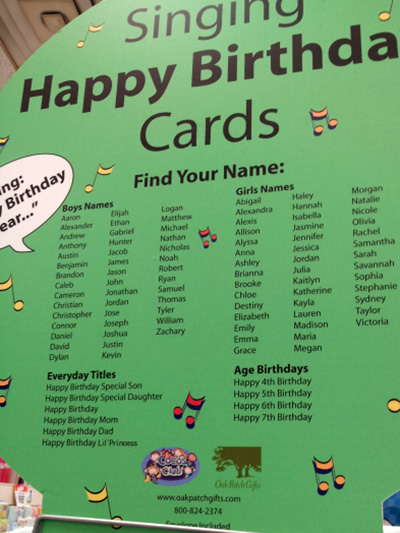


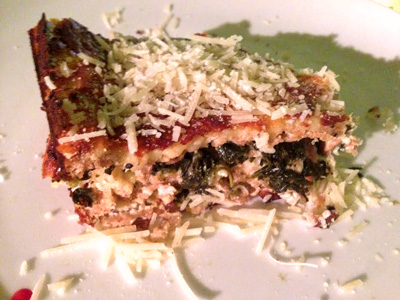
.jpg)

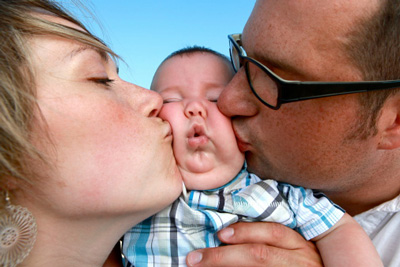
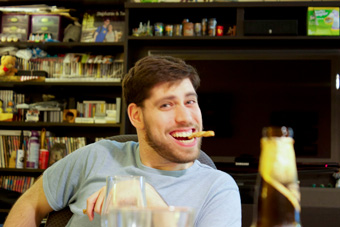

.jpg)
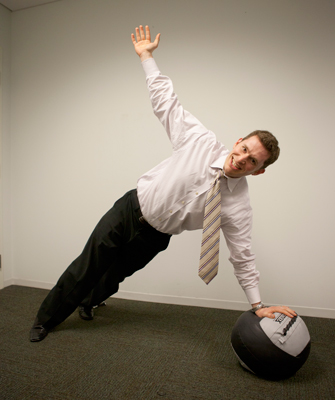
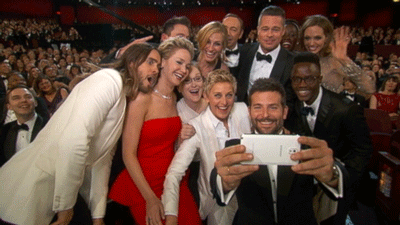
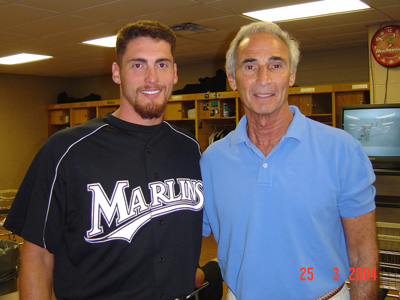

.jpg)



